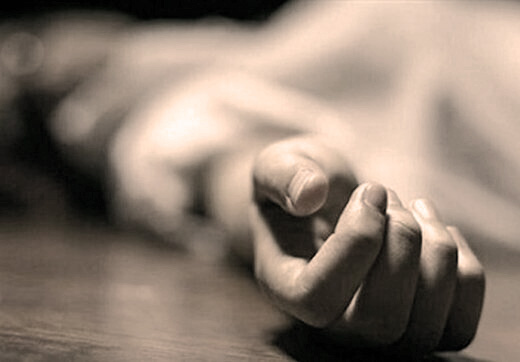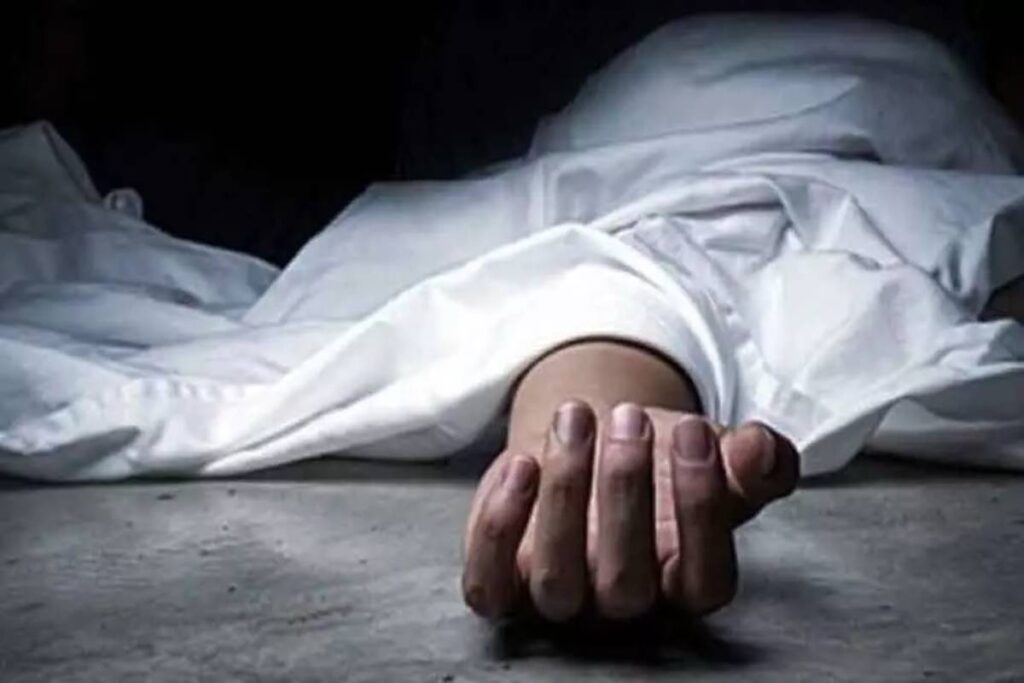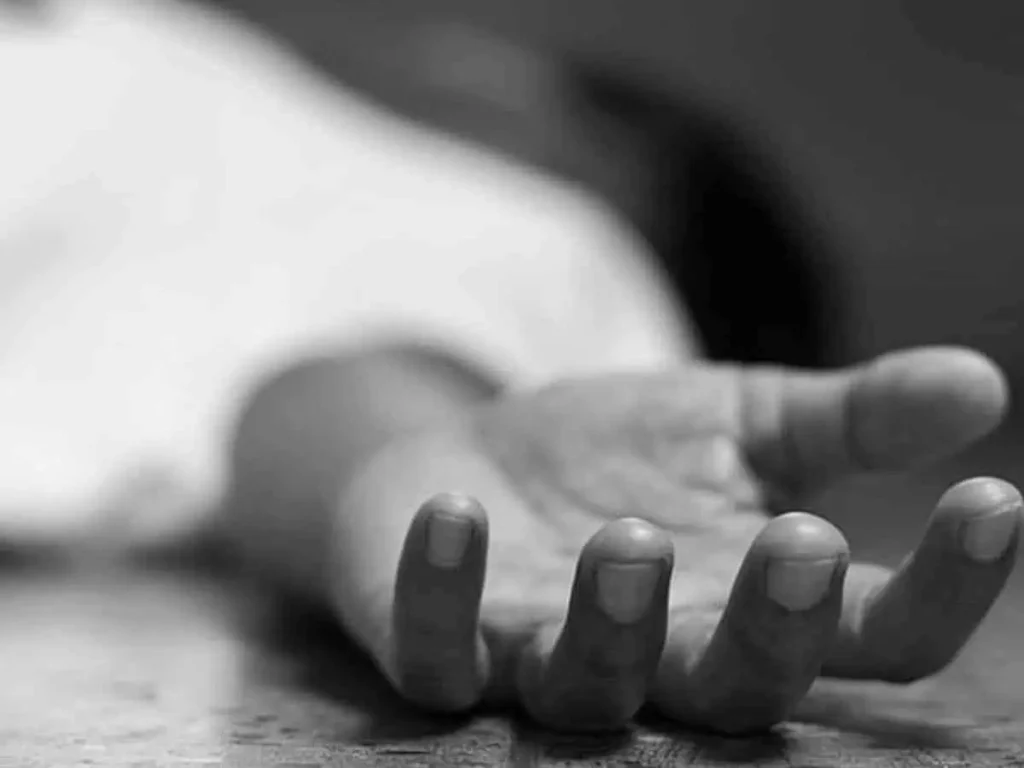If a student passes away during an exam, it’s a tragic and rare occurrence. In such situations, universities typically have protocols in place to respond promptly. The immediate response involves notifying exam proctors, school officials, and emergency services to ensure everyone’s safety and provide necessary assistance.
Moreover, the institution may temporarily halt the exam and offer support services to grieving classmates, faculty, and staff. Communication is crucial, with transparency about the incident and guidance on the next steps.
Additionally, universities might adjust academic policies, like postponing exams, to support affected students’ well-being and address immediate impacts. The focus is on handling the situation with compassion, respecting privacy, and providing the necessary support to the university community.
The Myth of Pass by Catastrophe

The legend of Pass by Catastrophe is a well-known urban tale suggesting that students affected by a natural disaster, like an earthquake, will automatically receive passing grades. This myth has gained popularity, fueled by social media and a tendency to believe in stories that seem easier to grasp.
While the idea that students who face catastrophic events during exams receive automatic passing grades does exist, it’s crucial to recognize that such occurrences are rare. It’s also important to understand that the circumstances leading to these events are typically beyond the student’s control.
Ultimately, how an institution responds to an incident resembling a catastrophic event during an exam varies. In most cases, the school might choose to delay or reschedule the exam. They may also decide to assign a passing score or offer the student an opportunity to retake the test.
This approach ensures that all students affected by a disaster are treated fairly and without discrimination. It also serves to prevent students from feeling disheartened, encouraging them to continue their studies.
In some countries, universities allow for the postponement of exams for a specific period following a student’s passing, enabling them to process their loss and prepare for the upcoming semester. Additionally, certain universities permit students to retake exams under such circumstances.
Various versions of this myth exist, such as the belief that if one student dies during an examination, all students present are granted a pass. Another version claims that if a university burns down, all enrolled students automatically graduate with an undergraduate degree.
In addition, there’s a misconception that if a student commits suicide, their roommates are awarded an A for the entire semester due to the assumed impact on their ability to focus on studies during that tragic event. It’s important to note that these stories lack factual basis and should be understood as folklore rather than established practice.
Immediate Response and Notification in the Event of a Student’s Death During an Exam
In the face of an unexpected incident involving a student’s death during an exam, a quick and organized response is initiated. The top priority is to assess the immediate situation for everyone’s safety and provide essential assistance.
Furthermore, emergency procedures are activated, involving the prompt notification of exam proctors and university officials. Following established protocol, emergency services are engaged swiftly to take control of the situation and administer necessary medical care.
Given the gravity of the situation, exam proctors are instructed to remain composed, preserving the integrity of the exam setting to the best of their ability while acknowledging the sensitivity of the occurrence.
Once university officials are notified, they initiate communication with relevant parties and prepare to offer support where needed. This collaborative approach ensures a timely and comprehensive response to the unfortunate event.
Institution’s Procedures Following a Student’s Death During an Exam
In the aftermath of an unexpected student death during an exam, institutions typically adhere to established guidelines, although procedures may vary. Examinations are often temporarily paused to address the immediate situation and ensure the well-being of students and faculty present.
Also, effective communication is a priority, with the institution promptly informing students and faculty about the incident and offering guidance on their next steps. This may include information about exam cancellations or continuations based on the circumstances.
Additionally, there might be a temporary postponement of upcoming exams and coursework deadlines. This shows respect for the deceased and allows students time to process the event. The institution typically extends support services to those affected as part of its ongoing response to the tragedy.
Supporting the Community in the Aftermath of a Student Tragedy During an Exam
In case of a student’s death during an exam, universities activate protocols prioritizing the community’s well-being. Immediate counseling and support services are deployed to aid grieving classmates, faculty, and staff. These services may involve on-site psychologists or referrals to external mental health professionals.
Additionally, institutions may organize or facilitate memorial services and tributes to honor the life and contributions of the deceased student within the community. Such respectful acknowledgments provide a space for collective mourning and reflection.
Managing inquiries and potential media interest demands sensitive and strategic public relations efforts. Communication teams work diligently to safeguard the privacy of the student’s family while providing clear and compassionate information to the public. The overarching goal is to navigate the situation respectfully and tactfully.
Legal and Ethical Considerations in the Aftermath of a Student Tragedy During an Exam
Upon the occurrence of a student tragedy during an exam, a swift and thorough investigation is imperative. This often involves collaboration between school authorities and local law enforcement.
The primary objective is to promptly determine the cause of the incident. This includes ascertaining whether any foul play or negligence contributed to the unfortunate event.
Moreover, upholding privacy and adhering to legal protocols is crucial during this process. This involves maintaining confidentiality and demonstrating sensitivity to the grieving family of the student.
So, it is essential to adhere to all relevant local laws governing death investigations. It is also crucial to fully cooperate with any external investigations that may be initiated.
The repercussions on academic policies may involve the institution reassessing and refining its procedures for handling such events. Universities may introduce policies addressing exam postponement and grading considerations, prioritizing fairness and compassion for all students affected by the tragic incident.
Long-Term Repercussions and Policy Adjustments Following a Student Tragedy During an Exam
In the aftermath of a student tragedy during an exam, institutions undergo a comprehensive assessment of their emergency preparedness. This prompts a thorough review of existing protocols.
Moreover, this evaluation aims to guarantee the efficacy of response strategies. It often results in crucial refinements, emphasizing enhanced staff training and implementing more effective communication systems.
Further, this reflective process frequently extends to policy adjustments, particularly in the realm of exam procedures. Universities and schools may introduce compassionate consideration practices for students directly affected by such incidents. Alternatively, they may opt for the automatic postponement of examinations during crises.
These adaptations not only address immediate disruptions but also prioritize the mental well-being of students navigating through the aftermath of a traumatic event.
Moreover, an emphasis on health and safety standards becomes paramount. Institutions may choose to bolster medical support during exams, institute regular health checks, and ensure the availability of mental health resources.
This comprehensive approach aims to establish a resilient support system for student well-being. It also aims to mitigate the likelihood of similar tragedies and foster readiness for any unforeseen events.
Honorary Certificates and Posthumous Awards

In the event of a student passing away during an examination, some universities may consider awarding them a posthumous honor. This could take the form of an honorary certificate or degree.
Such gestures serve as a way to recognize their contributions. Many institutions use these awards to honor individuals who have positively impacted their community or excelled in their field.
For instance, the University of Tennessee presents honorary degrees to those who have made significant contributions through leadership and achievements. Further, the process usually entails meeting criteria and gaining approval from the university president, who forwards the nomination to the board.
While it is uncommon for honorary degrees to be rescinded, some universities have taken such actions in response to controversies involving recipients. The University of San Diego has established procedures to address the unfortunate situation of a student’s passing, including providing counseling and support services.
In the case of individuals who have passed away holding a University of California (UC) certificate or degree, there is an option to posthumously confer the degree. This allows loved ones to remember the departed. It also serves as a means to express ongoing dedication to the institution.
So, it’s important to note that practices regarding honorary doctorates vary among universities. Some institutions grant these certificates with or without specific postnominal titles. Not all of them require recipients to use the “Dr.” prefix before their postnominal title.
FAQ’s
What happens when someone dies?
When someone dies, the physical process involves heart-stopping, cessation of breathing, and the brain ceases to function within minutes. Subsequently, the body starts to cool, signifying death.
Which organ dies last after death?
The brain dies first, followed by the heart, liver, and then the kidneys and pancreas. Skin, tendons, heart valves, and corneas may remain viable for about a day after death.
Final Words
If a student passes away during an exam, it’s a very sad situation. Schools have plans in place to deal with it by quickly getting help, providing support, and figuring out how to handle exams and grades.
Moreover, everyone works together to make sure students and staff are okay.
Although not a frequent occurrence, it underscores the importance of schools being prepared to respond with care and kindness when unexpected events arise.
